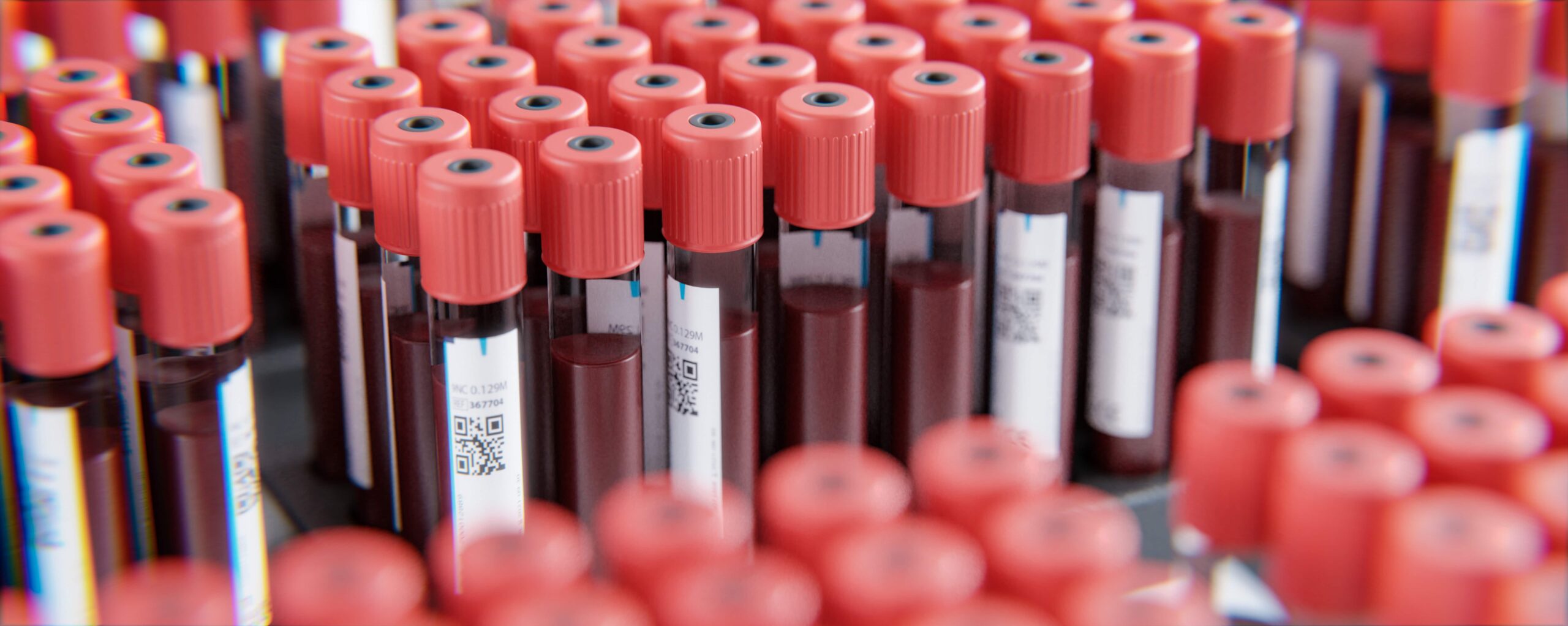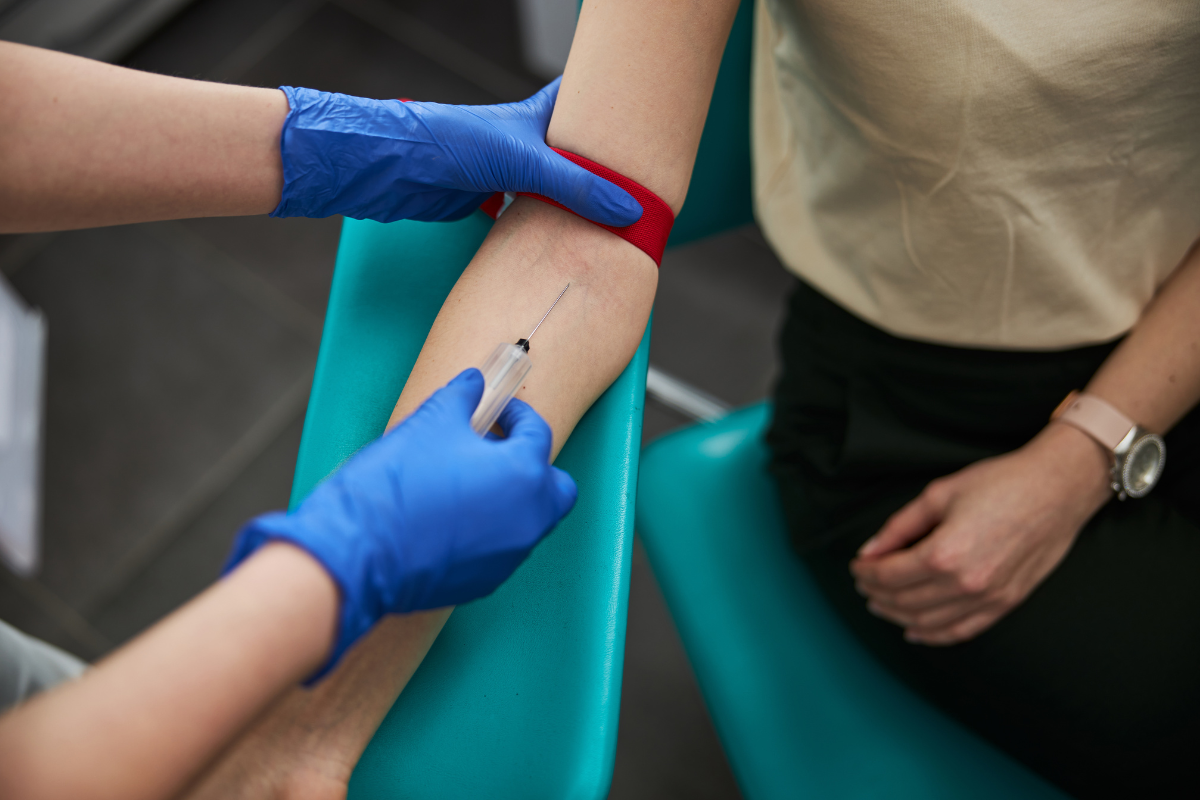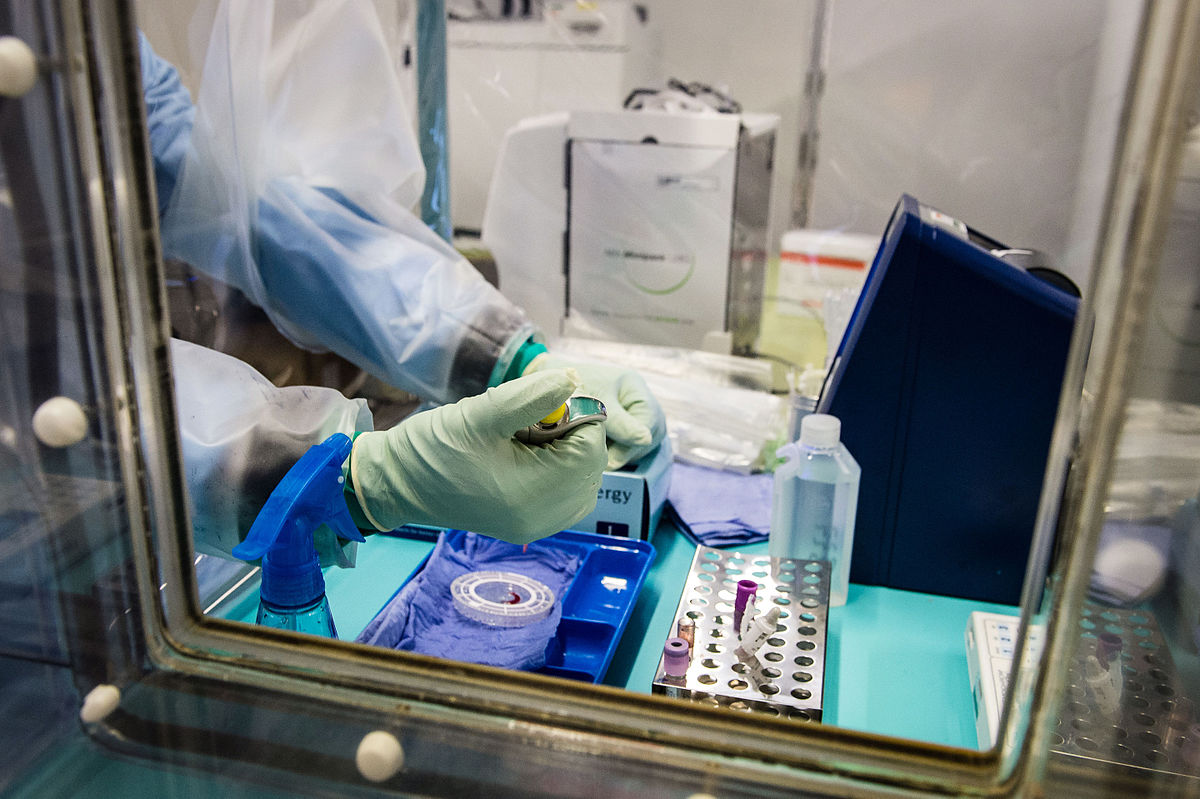The Biomarker Factory: A High-Performance Analytical Platform for Fluid Biomarker Development, Validation, and Measurement

Presented by: Amanda Heslegrave, Senior Research Fellow at the UK Dementia Research Centre, UCL
Transcribed by: Tia Byer
The UK Dementia Research Institute Fluid Biomarker Laboratory is a UCL-based laboratory that was first set up in 2012, and led by Professor Henrik Zetterberg, after the university was gifted a £20 million Leonard Wolfson Foundation grant to set up a collaborative research effort in neurodegenerative diseases. In 2015 the lab was awarded a Wellcome Trust equipment grant which ensured the purchase of a Simoa HD-1 platform from Quanterix, which enables super sensitive immunoassay research.
Other milestones include joining the Dementia Research Institute in 2018. However, the most exciting development which came in 2021 — and the subject of Heslegrave’s presentation, was the laboratory’s acquisition of funds to start the ‘Biomarker Factory’ research group.
The Biomarker Factory – A Brief History
The Biomarker Factory at the UK Dementia Research Centre at UCL has developed expertise in biomarker immunoassay measurement and development. They have banked various fluid biomarker samples in collaboration with colleagues at The Institute of Neurology and have grown their suite of immunoassay platforms via multiple grants.
The Biomarker Factory harnesses plate reader technology for transitional ELISA assays and more specialised equipment that lends itself to multiplexing assays.
Furthermore, the research group boast many collaborations both in the UK and internationally. In particular, the Biomarker Factory has a close working relationship with the UCL Hospital cerebrospinal fluid (CSF) lab and the neurochemistry lab in Gothenburg – helping secure the lab’s position at the forefront of the technology.
Available Technology
The Biomarker Factory harnesses plate reader technology for transitional enzyme-linked immunosorbent (ELISA) assays and more specialised equipment that lends itself to multiplexing assays. In particular, the Meso Scale Discovery (MSD) platform and the bio-Plex are two machines that are heavily relied upon due to their amenability to multiplexing.
Super sensitive assay technology includes the use of three HDX machines to perform automated super sensitive immunoassays allowing the quantification of the very low concentrations of brain specific proteins in blood. Additionally, the SMC X Pro platform offers quantification analysis to detect low levels of established disease biomarkers from limited concentrations.
How the Biomarker Factory Collaborates
Establishing and implementing academic partnerships is crucial to biomarker research and development success. The Biomarker Factory conduct pre-grant application conversations to determine and compare details such as proposed cohort size, disease selection, and hypothesis. Other questions to address are whether the sample type is appropriate and whether sufficient information can be derived.
Whilst blood biomarkers are becoming increasingly popular; it is important to bear in mind the possibilities of other sample types which may lend themselves to assays investigation. In particular, the Biomarker Factory lab is currently investigating blood spots which show exceptional promise for later-stage sample processing opportunities such as screening.
- GOAL: A Collaborative Approach to Next Generation Sequencing in Oncology and Beyond
- Enabling Precision Oncology with Tumour Profiling Solutions
- Unlocking the Potential of Spatial Multi-Omics and Cytometry
Appropriate assay selection is likewise important. Often industry clients propose a certain assay without knowing the full implications this will have on their study — the Biomarker Factory can help in the decision-making. The lab then sends the post assay data to the client to initiate a discussion on the results found and conduct manuscript reviews.
It’s Not Always About Antibodies and Humans…
Within their research into Dementia, the Biomarker Factory successfully collaborated with the Biological Mass Spectrometry unit at the Institute of Child Health to investigate targeted reaction monitoring of the TREM2 disease-relevant variant. The partnership produced an impressive data set showing evidence of increased cerebrospinal fluid soluble TREM2 concentration in Alzheimer’s disease. The joint venture also resulted in the identification of novel CSF biomarkers for neurodegeneration, which was validated using a high throughput multiplexed targeted proteomic assay.
The Biomarker Factory believe that one of the most useful non-human biomarkers is one that is conserved across multiple species and can be found in much higher concentrations.
Although the Biomarker Factory has had proven success in identifying and developing human-derived biomarkers, they also focus on helping clients to improve model availability and variety. The Biomarker Factory believe that one of the most useful non-human biomarkers is one that is conserved across multiple species and can be found in much higher concentrations. However, measuring biomarker concentration in other species can be challenging due to volume size. This issue is prevalent, for example, in mouse blood models.
What’s Next for the Biomarker Factory?
Providing the earliest possible form of intervention for neurodegenerative disease is paramount to the research group’s mission. They firmly endorse the use of biomarkers to detect and identify those most at risk of developing these life-altering conditions. Through detection and monitoring, biomarker research can help unlock new dementia treatments.
The high-performance analytical platform created by the Biomarker Factory facilitates this next step in biomarker development, validation, and measurement. As the current most experienced academic lab in the UK to harness the latest Simoa technology, the research group provides flexible and cutting-edge support for new assay validations. The Biomarker Factory has the equipment and expertise to provide services both within the UK DRI and beyond.
Want to stay up to date with the latest Biomarker news? Register now for Oxford Global’s flagship event, Biomarkers US: In-Person. This is a must-attend forum covering the latest trends transforming biomarker and translational research







